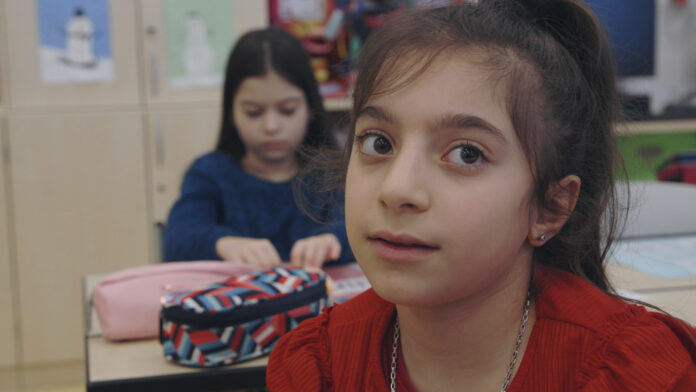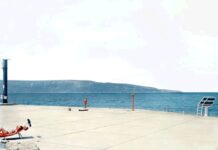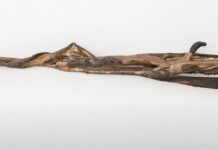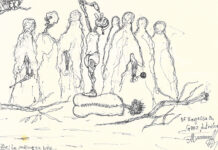
04.04.2024 – 09.04.2024
The Festival of Austrian Film, for the first time under the direction of Dominik Kamalzadeh and Claudia Slanar, has always been a place of new discoveries and rediscoveries, whether in the context of the competition films, which also include the annual review, or in the form of film history specials.
With the new programme title Film History, the upcoming edition will feature two programmes in which a look at the past also allows conclusions to be drawn about the Austrian present.
It has been 60 years since the first ‘guest workers’ came here, returned and came again. What was originally intended to be temporary work developed into a permanent situation. However, the plight in the new environment was politically hushed up, and many problems persist to this day.
“The First Shift” offers a change of perspective on a seemingly “familiar” milieu – from a predominantly reversed perspective: the focus is not on the view from Austria, Germany and Switzerland of the labour nomads who came to us; in most of the works, it is the positions of filmmakers from the countries of origin themselves.
Opening film: Favoriten by Ruth Beckermann
The Festival of Austrian Film will open with Ruth Beckermann’s documentary Favoriten – as an Austrian premiere and in the presence of the filmmaker as well as parts of the team and protagonists. “Ruth Beckermann is also a great figure in Austrian film because she always takes new directions in her work. The fact that we can open our first Diagonale with a film by her is indeed ‘a dream come true’. It is a film in the present. A present that is facing difficult challenges this year, also in Austria. Favoriten is not a matter of the head, but a matter of the heart. We are extremely happy to share the film with the Diagonale audience!”, say Dominik Kamalzadeh and Claudia Slanar, the new artistic duo.
Already fixed films:
Halo, München / Hello Munich (1967) and Specijalni vlakovi / Special Trains (1971), both by Krsto Papić, are about setting off for Germany and Austria and returning home, as well as the resulting contradictory life situations in both places.
Kara Kafa / Schwarzkopf (1979) by Korhan Yurtsever depicts the tug-of-war in the fabric of an immigrant family: the new life in Germany theoretically offers unlimited opportunities, but these also consist of unexpected pitfalls – for example, the mother of the family begins to get involved in the women’s movement. The film was banned by the Turkish censorship authorities at the time and all copies were confiscated. Only recently have the original negatives emerged, on the basis of which Kara Kafa could be restored.
Inventur – Metzstraße 11 (1975) by Želimir Žilnik was shot in the stairwell of a Munich apartment block – Žilnik, who himself came here as a labourer, transforms this place of passage into a place of brief but impressive encounters: In front of the camera, the residents of the house talk about their origins as well as their wishes, hopes and worries.
Analphabeten in zwei Sprachen (1975) by the German-Iranian filmmaker Mehrangis Montazami-Dabui: This short documentary film sheds light on the school problems of children with a migrant background, which are also closely linked to the difficulties of finding one’s way between two cultures and finding one’s own place.
Wo sein Wäsche (1975) by Dieter Berner, produced as part of the ORF programme series Geschichten aus Österreich: Mrs Stankovic has given birth to her child at home without medical assistance, and now all the official documents are missing to get the urgently needed laundry parcel. Because the baby alone is not enough proof in the narrow-minded offices that it actually exists and needs laundry …
The programme is curated by Petra Popovic, Dominik Kamalzadeh and Claudia Slanar in cooperation with ORF and Jurij Meden (Austrian Film Museum).
Diagonale‘24
Festival des österreichischen Films Graz
04.04.2024 – 09.04.2024
www.diagonale.at











